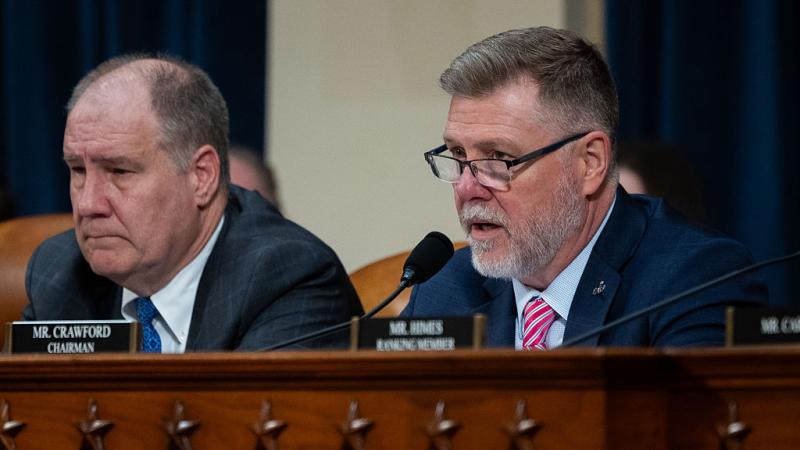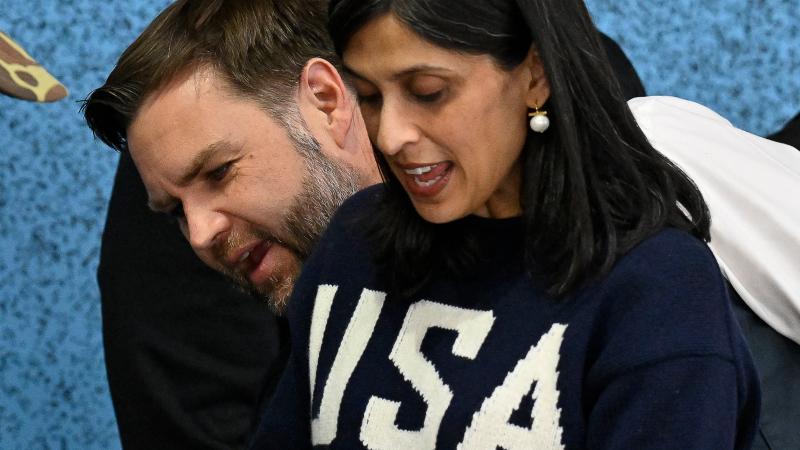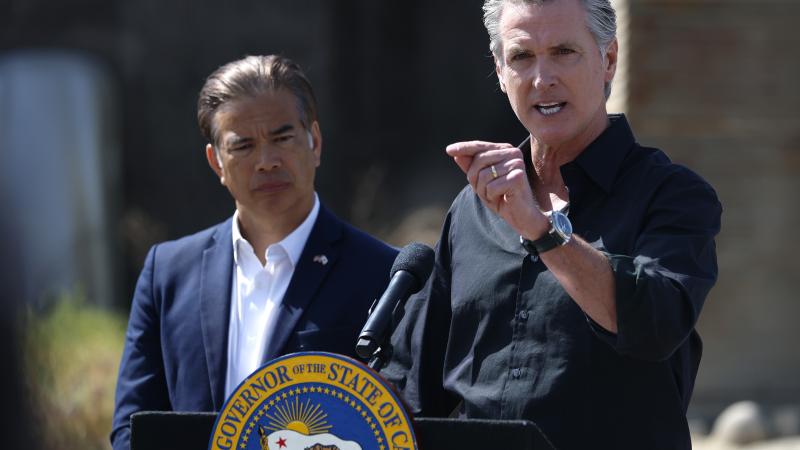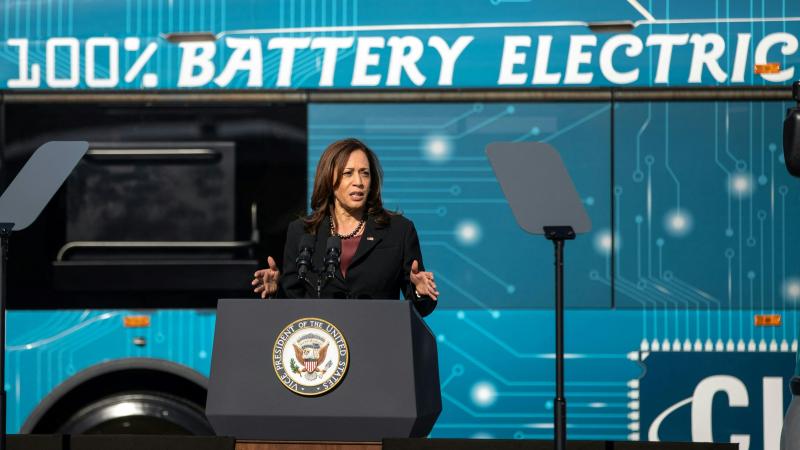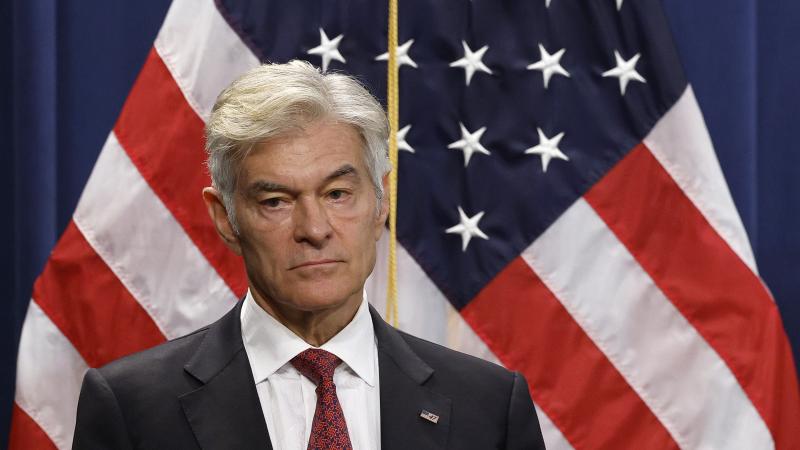Program creating school choice, scholarships, tax credits becomes law in Missouri
Students in metropolitan areas will be able to receive scholarship funds to attend the school of their choice.
Students in metropolitan areas will be able to receive scholarship funds to attend the school of their choice under a bill signed Wednesday by Missouri Gov. Mike Parson.
House Bill 349 creates the Missouri Empowerment Scholarship Accounts Program. Missourians who donate to specific educational assistance organizations (EAOs) will receive a tax credit under the new law. Beginning with the 2022-23 school year, the EAO will award scholarships to eligible students with priority given to those with an individualized education plan (IEP) or if they are living in a household where the annual income qualifies them for free and reduced school lunches.
“These scholarships will make a significant difference in the lives of thousands of Missouri children,” House bill sponsor Phil Christofanelli, R-St. Peters, said. “I am incredibly grateful to the many people who helped make this idea a reality.”
The bill was criticized by public education advocates including teachers' unions, which generally oppose school choice options nationwide. They argued giving tax credits worth $50 million will diminish funding for public schools. Others wanted the program to be implemented statewide.
“We are very disappointed with the decision by Gov. Parson to sign into law HB 349, the voucher bill that provides taxpayer dollars to private institutions that have no accountability to the public for how children are educated or kept safe or how tax dollars are spent,” Melissa Randol, executive director of the Missouri School Boards’ Association, said in a statement. “We are particularly disappointed that this law further erodes opportunities to fund needed investments in Missouri’s outstanding public schools. Missouri is 49th in the country in average starting teachers’ salaries – we need to invest in Missouri’s high quality teachers, rather than funnel money to institutions that have no accountability to taxpayers for how they spend taxpayers’ dollars or how they educate our children.”
If a student receives a scholarship and leaves their school district, the district may count the student for state funding purposes for five years. However, that provision ends in 2026.
The legislature approved the initiative by narrow margins. It advanced from the House in February on an 82-71 vote with 30 Republicans voting against it.
During floor debate, House Speaker Rob Vescovo, R-Arnold, made a highly emotional endorsement of the bill. He said programs like HB349 might have kept him from dropping out of high school 28 years ago. He added the $50 million was eight tenths of 1% of the state’s education budget.
“My special interest is the children. Where is the union up there for your children? Back in your districts? They’re not up there,” Vescovo said while pointing to where lobbyists were seated. “They don't exist. That union is you. That special interest is you.”
The passage of the bill drew national attention as former Florida Gov. Jeb Bush, the founder and chairman of the Foundation for Excellence in Education, praised Missouri’s leaders.
“Today is a life-changing day for thousands of Missouri families, especially those who have faced significant barriers to finding the right learning environment for their child,” Bush said in a statement. “Missouri stands with only a handful of states empowering families with options to customize their child’s learning and best prepare them for success – this is how educational opportunity should work everywhere!”
Andrew Koenig, R-Manchester, and Majority Leader Caleb Rowden, R-Columbia, guided the bill through the Senate, where it passed 20-13 with four Republicans voting against it in May.
"I was so excited to have Willem with me today to watch Gov. Parson sign (the bill)," Rowden posted on social media, referring to the photo opportunity with his son. "He is why I got into public service in the first place and ensuring a better world for the next generation remains my top priority."
Only students in Missouri counties with charter schools or cities with more than 30,000 people will be eligible. Each EAO must ensure student recipients are tested to measure learning gains in math and English. They also must report graduation rates and college attendance. The state treasurer will create a public website for the data after the program's third year.
“Everything I've worked on since I walked in and took that seat on Jan. 6 has been for kids, the children,” said Vescovo, who spent the first 15 months of his life in foster care and was later adopted. “Let’s get them a home and an education. You want to talk about criminal justice reform? It's education! There's nothing more positive in criminal justice reform than education. Why can't we get these kids when they're 10, 12 and 14 when they need us to grab them and put them in a better learning environment than worrying about putting them in jail when they're 16, 17, 18 and 19? I don't want to grow my prisons. I want to grow my research department at Mizzou.”




